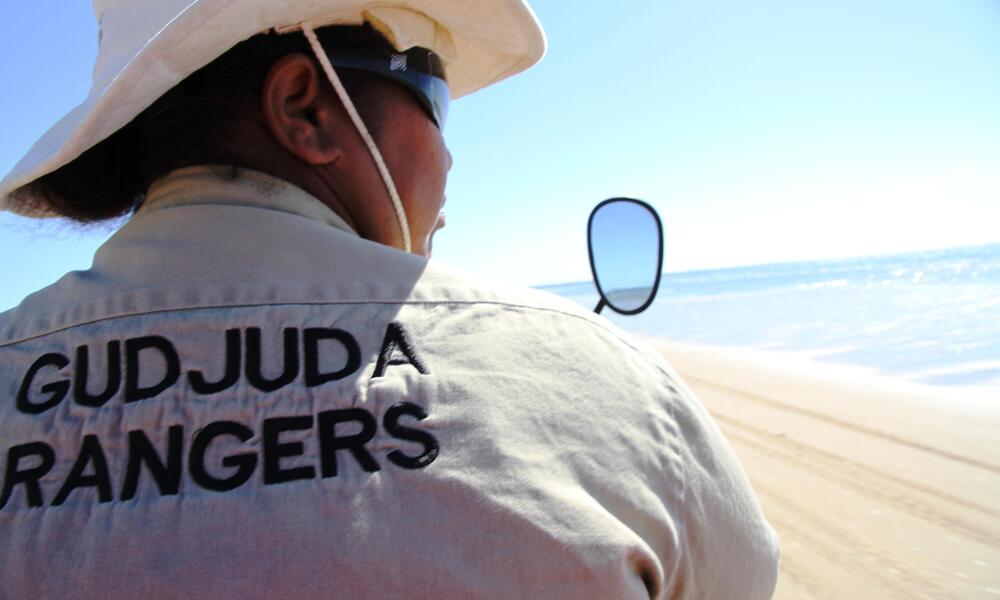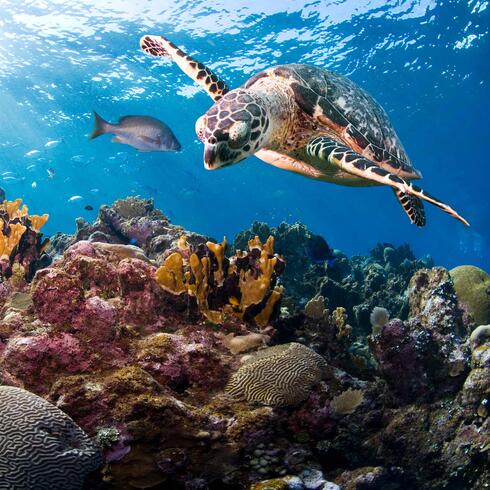Some 20 years ago, when the Australian government’s ranger program was established, it was a valuable tool to create employment opportunities in remote and rural areas of Australia where unemployment levels could reach 70-80%.
“People there were unemployed because there were no jobs,” explains Darren Grover, WWF-Australia’s Head of Healthy Land and Seascapes. “So in the early days the ranger program was seen as an employment and training scheme as much as anything. But over time it has evolved to include land management and wildlife conservation – and that’s really important, because it has enabled them to go out on Country, practicing their culture but also getting trained and getting employment opportunities.”
“It has become an affirmation of sorts, that people are exercising their cultural authority and their property rights,” adds Cliff. “And it’s great to see that the government is willing to grow and support what the rangers are doing.”
“Yeah, everything’s changing,” Eddie says, “but the government needs to look at how we build that relationship with all of the rangers across Australia.”
“At this point in time,” Cliff adds, “besides native title, the only interface for interaction that’s recognized by Australia as a whole are the ranger programs which are funded at a commonwealth and state level. But what I’d like to see in 20, 30 years’ time is that that has grown tenfold. Because there’s a saying amongst our mob here: it always was, and always will be Aboriginal land.”
Formalizing the legal rights of Indigenous peoples and local communities to manage their customary lands may be the most effective and socially just way to deliver global conservation targets. But for Uncle Eddie, it represents something else as well: “It’s a chance to make sure everyone is welcome on Country,” he says.



